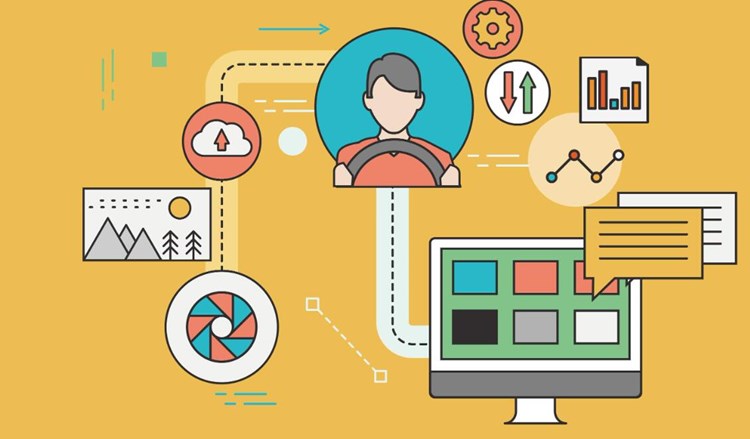中文化、本土化、云端化的在线跨平台软件开发工具,支持APP、电脑端、小程序、IOS免签等等
App Development: Principles and Detailed Introduction
Introduction:
With the rapid growth of technology and the increasing use of smartphones, app development has become a popular and lucrative field. In this article, we will explore the principles and provide a detailed introduction to app development.
1. Understanding the Basics:
App development refers to the process of creating software applications for mobile devices such as smartphones and tablets. These applications, commonly known as apps, can be developed for various platforms like iOS (Apple), Android (Google), or Windows (Microsoft).
2. App Development Platforms:
There are multiple platforms available for app development, each with its own set of tools and programming languages. Some of the popular platforms include:
a. iOS: App development for Apple devices is primarily done using the Swift programming language and the Xcode IDE (Integrated Development Environment).
b. Android: App development for Android devices is predominantly done using the Java programming language and the Android Studio IDE.
c. Windows: App development for Windows devices can be done using languages such as C# or HTML5/CSS/JavaScript with the Visual Studio IDE.
3. The App Development Process:
The app development process can be broadly categorized into the following stages:
a. Idea Generation: This is the initial stage where app developers brainstorm ideas for their app. They identify the problem they want to solve or the need they want to fulfill.
b. Planning and Design: Once the idea is finalized, developers create a detailed plan for the app, including its features, functionality, and user interface. This stage may involve creating wireframes and prototypes.
c. Development: In this stage, developers start coding the app using the chosen programming language and tools. They implement the planned features and ensure smooth functionality.
d. Testing: After the app is developed, it undergoes rigorous testing to identify and fix any bugs or issues. This stage ensures that the app functions correctly and provides a good user experience.
e. Deployment: Once the app passes the testing phase, it is ready for deployment. For iOS, developers submit their app to the App Store, while for Android, they upload it to the Google Play Store. Windows apps can be distributed through the Microsoft Store.
f. Maintenance and Updates: After the app is deployed, developers continue to monitor and maintain it. They release updates to fix bugs, add new features, and improve overall performance.
4. Key Considerations in App Development:
During the app development process, several key considerations should be kept in mind:
a. User Experience (UX): The app should be designed to provide a seamless and intuitive user experience. It should be easy to navigate, visually appealing, and responsive.
b. Performance: The app should be optimized to run smoothly on the target devices. It should load quickly, respond to user inputs promptly, and not consume excessive resources.
c. Security: App developers need to ensure that user data is protected and secure. This includes implementing authentication mechanisms, encrypting sensitive information, and following best practices for data storage.
d. Compatibility: Apps should be compatible with various devices and operating system versions. This requires thorough testing across different platforms and screen sizes.
e. Regular Updates: App developers should regularly release updates to address user feedback, fix bugs, and introduce new features. This helps in retaining existing users and attracting new ones.
Conclusion:
App development is a dynamic and evolving field that offers immense opportunities for creativity and innovation. By understanding the principles and following the app development process, developers can create successful and user-friendly applications. Whether you are a beginner or an experienced developer, staying updated with the latest trends and technologies is crucial for success in this field.





